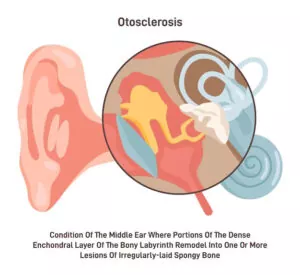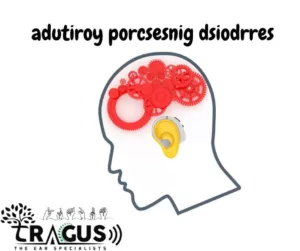
As an audiologist, I have seen firsthand the detrimental effects that tinnitus and hearing loss can have on an individual’s daily life. Aging adults, in particular, are at a higher risk for developing these conditions, which is why regular hearing tests are crucial. In this article, I will discuss the importance of regular hearing tests, how often aging adults should get tested, and signs that indicate a hearing test is necessary.
The Importance of Regular Hearing Tests
Regular hearing tests are critical for maintaining good hearing health, especially for aging adults. As we age, changes in the inner ear can occur, making it more difficult to hear certain sounds. Additionally, exposure to loud noises over time can damage the delicate hair cells in the inner ear, leading to hearing loss and tinnitus.
Hearing tests are the best way to detect early signs of hearing loss and tinnitus, allowing for early intervention and treatment. If left untreated, these conditions can worsen over time, leading to a decreased quality of life.
How Often Should Aging Adults Get Hearing Tests?
The frequency in which an aging adult should get a hearing test can vary depending on individual factors such as medical history, noise exposure, and the presence of tinnitus or hearing loss. However, as a general rule, it is recommended that adults over the age of 50 get a hearing test every two years.
If an individual has a history of noise exposure, works in a noisy environment, or experiences symptoms of tinnitus or hearing loss, they should get tested more frequently. It is essential to talk to an audiologist to determine the appropriate frequency of hearing tests.
Signs That Indicate a Hearing Test is Necessary
There are several signs that aging adults should look out for that may indicate the need for a hearing test. These signs include:
-
Difficulty hearing conversations in noisy environments
-
Frequent asking for others to repeat themselves
-
Turning up the volume on the television or radio
-
Ringing or buzzing in the ears (tinnitus)
-
Feeling as though others are mumbling or speaking unclearly






